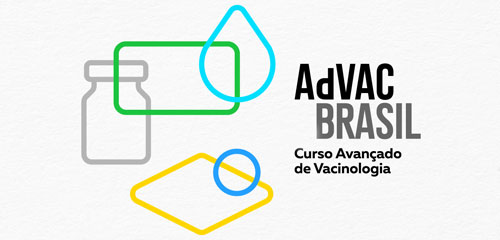
- Duration of course: Up to a week (1-6 days)
- Deadline for applications: April 5th, 2026
- Type of Teaching : In person
- Reach of the course: National
- Language(s) course : Other languages
- Country: Brazil
- Website: Visit Website
Centro de Excelência em Tecnologia e Inovação em Saúde (Ceti-Saúde UFG)
| August 9th to 15th, 2026 |
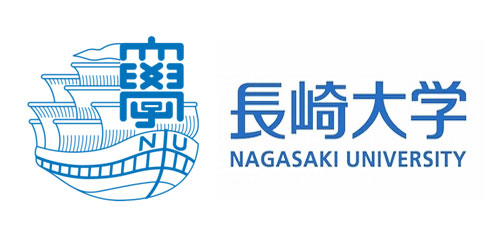
- Duration of course: Up to a week (1-6 days)
- Deadline for applications: Applications will open on 1st Feb 2026
- Type of Teaching : Blended (Mix of "In person" and "Online")
- Reach of the course: Global
- Language(s) course : English
- Country: Japan
- Website: Visit Website
School of Tropical Medicine and Global Health
Nagasaki University
| 24-28 August 2026 |
Read more: Symposium on Vaccinology: Science and Public Health
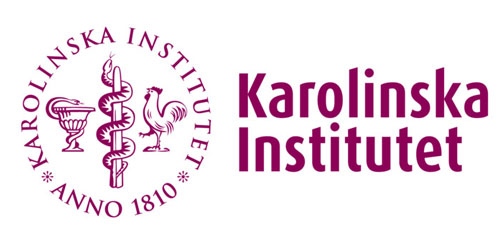
- Duration of course: One week to two weeks (7 to 14 days)
- Deadline for applications: TBC
- Type of Teaching : In person
- Reach of the course: National
- Language(s) course : Swedish
- Country: Sweden
- Website: Visit Website
Karolinska Institutet
Stockholm
| September 2026 |

- Duration of course: Up to a week (1-6 days)
- Deadline for applications: Applications will open on 1st Feb 2026
- Type of Teaching : In person
- Reach of the course: Global
- Language(s) course : English
- Country: Japan
- Website: Visit Website
Nagasaki University and the London School of Hygiene & Tropical Medicine
| 24 - 28 Augst 2026 |
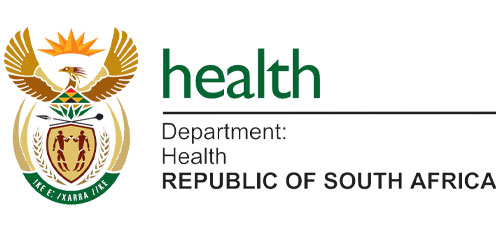
- Duration of course: Up to a week (1-6 days)
- Deadline for applications: Not applicable
- Type of Teaching : Online
- Reach of the course: National
- Language(s) course : English
- Country: South Africa
- Website: Visit Website
Sefako Makgatho Health Sciences University
South Africa
| no date |

- Duration of course: Up to a week (1-6 days)
- Deadline for applications: Not applicable
- Type of Teaching : Online
- Reach of the course: National
- Language(s) course : English
- Country: South Africa
- Website: Visit Website
Sefako Makgatho Health Sciences University
South Africa
| no date |
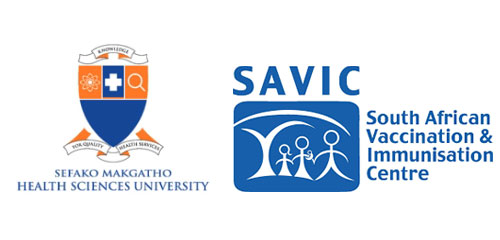
- Duration of course: Up to a week (1-6 days)
- Deadline for applications: Not applicable
- Type of Teaching : Online
- Reach of the course: National
- Language(s) course : English
- Country: South Africa
- Website: Visit Website
Sefako Makgatho Health Sciences University
South Africa
| no date |
Read more: Effective Vaccine Management (EVM): Training for frontline healthcare workers

- Duration of course: > two weeks (several weeks to a couple years)
- Deadline for applications: 31 January 2026
- Type of Teaching : Online
- Reach of the course: National
- Language(s) course : English
- Country: South Africa
- Website: Visit Website
Sefako Makgatho Health Sciences University
| February 2026 intake |
Read more: Immunisation and Injection Techniques for Pharmacists (IITP)
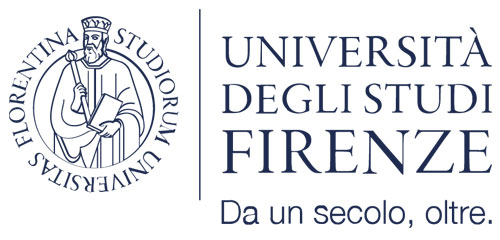
- Duration of course: Up to a week (1-6 days)
- Deadline for applications: Deadline for applications: February 15, 2026 - Flyer TBC
- Type of Teaching : In person
- Reach of the course: Regional
- Language(s) course : English
- Country: Italy
- Website: Visit Website
University of Firenze
Italy
| March, April, May 2026 |
Read more: Postgraduate Course "Vaccines and Vaccination Strategies"

- Duration of course: Up to a week (1-6 days)
- Deadline for applications: TBC
- Type of Teaching : In person
- Reach of the course: Regional
- Language(s) course : English
- Country: India
- Website: Visit Website
International Pediatric Association
India
| March - April 2026 tentatively |
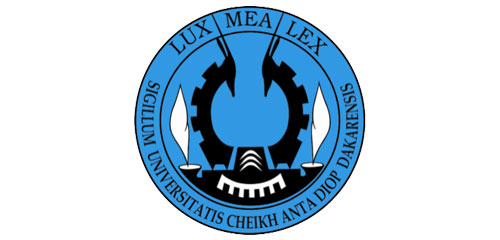
- Duration of course: > two weeks (several weeks to a couple years)
- Type of Teaching : Online
- Reach of the course: National
- Language(s) course : French
- Country: Senegal
- Website: Visit Website
Université de Dakar
Sénégal
| mai 2026 |
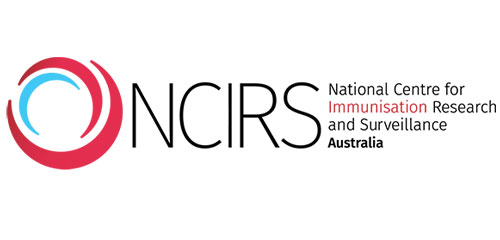
- Duration of course: Up to a week (1-6 days)
- Deadline for applications: Open from 13 April 2026 to early May 2026
- Type of Teaching : In person
- Reach of the course: Regional
- Language(s) course : English
- Country: Australia
- Website: Visit Website
National Centre for Immunisation Research and Surveillance
Sydney
| 19 - 21 October 2026 |
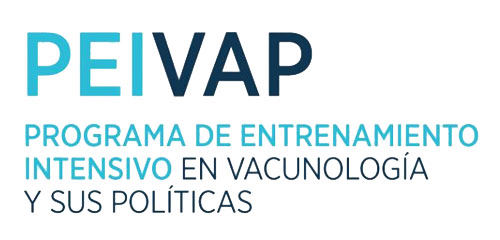
- Duration of course: One week to two weeks (7 to 14 days)
- Deadline for applications: July 2025
- Type of Teaching : In person
- Reach of the course: Regional
- Language(s) course : Spanish
- Country: United States of America
- Website: Visit Website
Sociedad Latinoamericana de Infectología Pediátrica (SLIPE)
North Miami
| 27 de septiembre al 3 de octubre 2026 |
Read more: PEIVAP - Programa Intensivo de Vacunología y sus Políticas
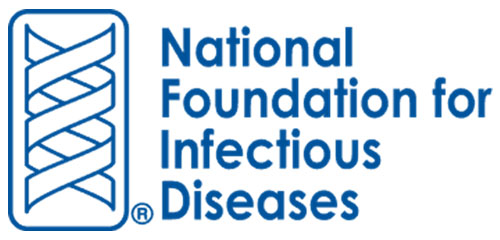
- Duration of course: Up to a week (1-6 days)
- Deadline for applications: October 2025 (date TBC)
- Type of Teaching : Online
- Reach of the course: National
- Language(s) course : English
- Country: United States of America
- Website: Visit Website
National Foundation for Infectious Diseases (NFID)
Washington - USA
| no date |
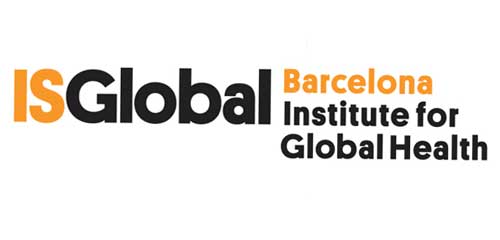
- Duration of course: One week to two weeks (7 to 14 days)
- Deadline for applications: OPEN : https://www.isglobal.org/es/pre-enrolment
- Type of Teaching : In person
- Reach of the course: Global
- Language(s) course : English
- Country: Spain
- Website: Visit Website
ISGlobal: Barcelona Institute for Global Health
Spain
| 2-12 March 2026 |
Read more: Development and application of vaccines in global health
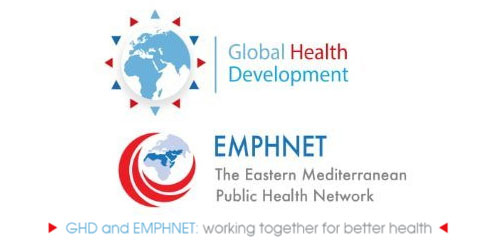
- Duration of course: Up to a week (1-6 days)
- Type of Teaching : Blended (Mix of "In person" and "Online")
- Reach of the course: Regional
- Language(s) course : English
- Country: Jordan
- Website: Visit Website
GHD/EMPHNET
| no date |
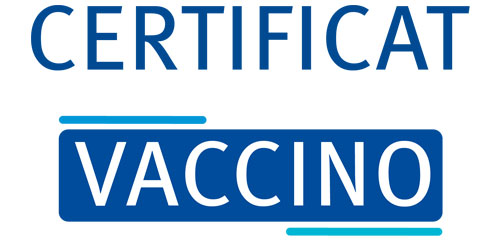
- Duration of course: > two weeks (several weeks to a couple years)
- Deadline for applications: Places are limited - Contact : https://shorturl.at/lvzCL
- Type of Teaching : Blended (Mix of "In person" and "Online")
- Reach of the course: National
- Language(s) course : French
- Country: Belgium
- Website: Visit Website
Université de Liège
Belgium
| no date |
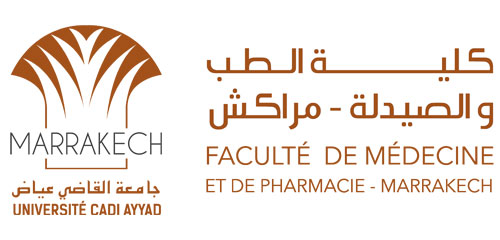
- Duration of course: > two weeks (several weeks to a couple years)
- Deadline for applications: Not open yet
- Type of Teaching : Online
- Reach of the course: Regional
- Language(s) course : French
- Country: Morocco
- Website: Visit Website
Faculté de Médecine et de Pharmacie de Marrakech
| Février 2026 |
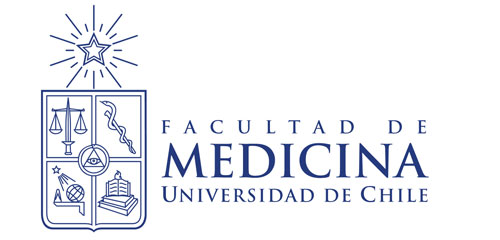
- Duration of course: > two weeks (several weeks to a couple years)
- Deadline for applications: Closed for 2025
- Type of Teaching : Online
- Reach of the course: Regional
- Language(s) course : Spanish
- Country: Chile
- Website: Visit Website
Universidad de Chile
Chile
| March 23th to july 6th 2026 |
Read more: Curso internacional avanzado de Vacunas e inmunizaciones
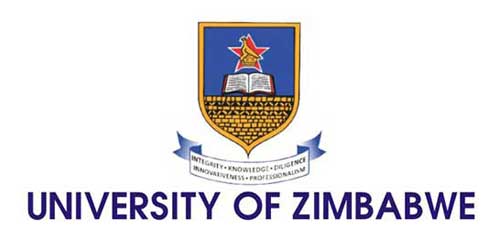
- Duration of course: > two weeks (several weeks to a couple years)
- Deadline for applications: August 2024 (closed)
- Type of Teaching : Blended (Mix of "In person" and "Online")
- Reach of the course: National
- Language(s) course : English
- Country: Zimbabwe
- Website: Visit Website
University of Zimbabwe
| Next course in January 2027 |
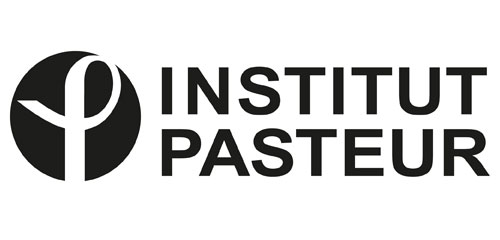
- Duration of course: > two weeks (several weeks to a couple years)
- Deadline for applications: 14 May 2025
- Type of Teaching : Online
- Reach of the course: Global
- Language(s) course : English, French
- Country: Online
- Website: Visit Website
Institut Pasteur
Paris
| no date |
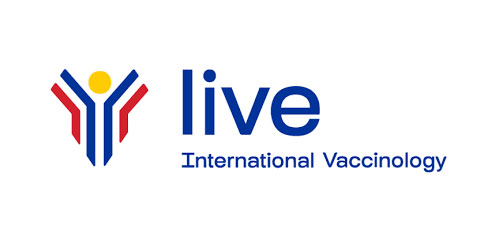
- Duration of course: > two weeks (several weeks to a couple years)
- Deadline for applications: Application period #1 (till Jan 22, 2025) for applicants of any nationality, self-funded or applying for scholarship to access M1 (2025-27) or M2 (2025-2026) LIVE studies. Application period #2 (till May 14, 2025) for applicants who need no visa for ES-BE-FR, self-funded to access M1 (2025-27) or M2 (2025-2026) LIVE studies.
- Type of Teaching : In person
- Reach of the course: Global
- Language(s) course : English
- Country: France, Spain and Belgium
- Website: Visit Website
Université Jean Monnet
Saint-Etienne
| 26 september 2026 |
Read more: LIVE (with the support of the Erasmus+ Programme of the European Union)

- Duration of course: > two weeks (several weeks to a couple years)
- Deadline for applications: Application for 2026 : closed
- Type of Teaching : Blended (Mix of "In person" and "Online")
- Reach of the course: National
- Language(s) course : English
- Country: South Africa
- Website: Visit Website
Sefako Makgatho Health Sciences University
South Africa
| January 2026 |

- Duration of course: > two weeks (several weeks to a couple years)
- Deadline for applications: 15 October 2025
- Type of Teaching : In person
- Reach of the course: Global
- Language(s) course : English
- Country: France
- Website: Visit Website
Institut Pasteur
Paris
| 16 Feb-13 March 2026 |
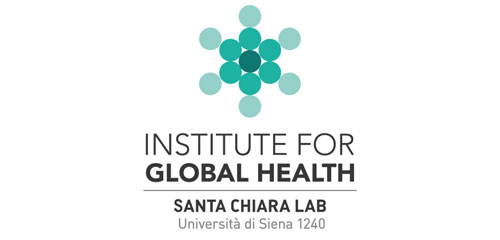
- Duration of course: > two weeks (several weeks to a couple years)
- Deadline for applications: Registration closed for the course starting in January 2025 : https://ifgh.org/educational-programs/master-in-vaccinology-and-drug-development/master-in-vaccinology-applications/ Next applications in December 2025
- Type of Teaching : Blended (Mix of "In person" and "Online")
- Reach of the course: Global
- Language(s) course : English
- Country: Italy
- Website: Visit Website
Institute for Global Health-University of Siena
| January 2026 |
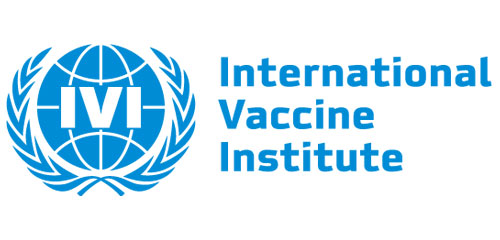
- Duration of course: Up to a week (1-6 days)
- Deadline for applications: The registration for 2025 will be open in June 2025
- Type of Teaching : In person
- Reach of the course: Global
- Language(s) course : English
- Country: Republic of Korea, Sweden and Rwanda
- Website: Visit Website
International Vaccine Institute
| no date |
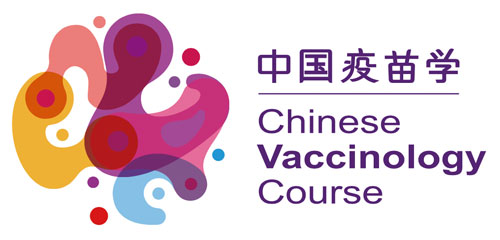
- Duration of course: Up to a week (1-6 days)
- Deadline for applications: 10 October 2025
- Type of Teaching : Blended (Mix of "In person" and "Online")
- Reach of the course: Global
- Language(s) course : English, Chinese
- Country: China
- Website: Visit Website
University of Chinese Academy of Sciences (UCAS),
established a Chinese Vaccinology Course (CNVAC).
China
| no date |
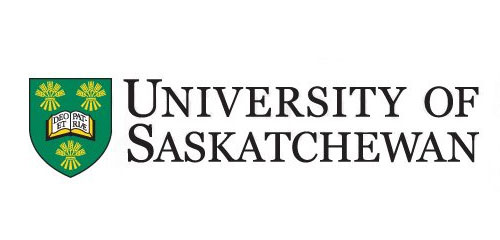
- Duration of course: > two weeks (several weeks to a couple years)
- Deadline for applications: Applications are accepted year round.
- Type of Teaching : In person
- Reach of the course: Global
- Language(s) course : English
- Country: Canada
- Website: Visit Website
University of Saskatchewan
Canada
| January, May or September each year |
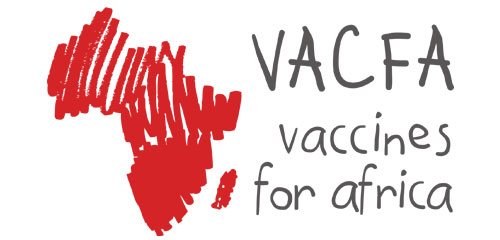
- Duration of course: Up to a week (1-6 days)
- Deadline for applications:
For more info contact:
This email address is being protected from spambots. You need JavaScript enabled to view it. - Type of Teaching : In person
- Reach of the course: Regional
- Language(s) course : English
- Country: South Africa
- Website: Visit Website
University of Cape Town
South Africa
| no date |
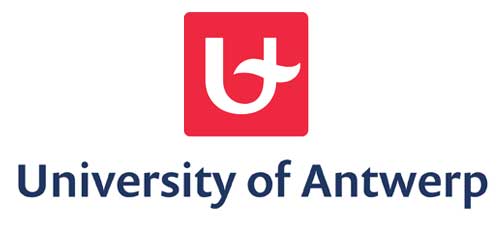
- Duration of course: Up to a week (1-6 days)
- Deadline for applications: 25 March 2026
- Type of Teaching : In person
- Reach of the course: Regional
- Language(s) course : English
- Country: Belgium
- Website: Visit Website
University of Antwerp, Vaccine And Infectious Diseases Institute
China
| 29 June - 6 July 2026 |
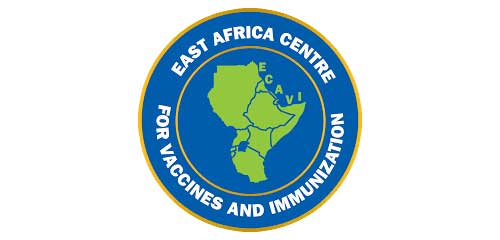
- Duration of course: Up to a week (1-6 days)
- Deadline for applications: Registration Open
- Type of Teaching : Blended (Mix of "In person" and "Online")
- Reach of the course: Global
- Language(s) course : English
- Country: Various countries. Next course in Uganda
- Website: Visit Website
East Africa Centre For Vaccines And Immunization
Kampala, UGANDA
| 22 - 26 June 2026 |
Read more: ECAVI Vaccinology course for health professionals
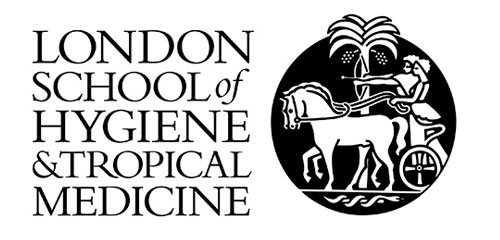
- Duration of course: One week to two weeks (7 to 14 days)
- Deadline for applications: Open
- Type of Teaching : In person
- Reach of the course: Global
- Language(s) course : English
- Country: United Kingdom
- Website: Visit Website
London School Of Hygiene And Tropical Medicine (LSHTM) & Kilifi
| 22 June - 3 July 2026 |
Read more: Epidemiological evaluation of vaccines: efficacy, safety and policy

- Duration of course: Up to a week (1-6 days)
- Deadline for applications: 30th May 2025 at 1700 EAT
- Type of Teaching : In person
- Reach of the course: Regional
- Language(s) course : English, French
- Country: Senegal
- Website: Visit Website
Call for Applications: Vaccinology in Africa 2025
Are you passionate about vaccine development and ready to strengthen Africa’s resilience to epidemics? Apply now to join the Vaccinology in Africa 2025 Master’s level course, a 5-day intensive program at Center for Africa’s Resilience to Epidemics (CARE), Institut Pasteur de Dakar, Senegal, from June 23rd to 27th, 2025.
This course, co-organized by leading institutions including the KEMRI - Wellcome Trust Research Programme and The Jenner Institute, explores the early stages of vaccine development—antigen discovery, biomanufacturing, pre-clinical studies, and the role of AI. Successful applicants will also benefit from fully covered course fees, accommodation, meals, and transport.
Eligibility : African nationals with a Master’s degree in life or physical sciences (recent graduates preferred), proficiency in English or French, and a clear passion for vaccine research and development.
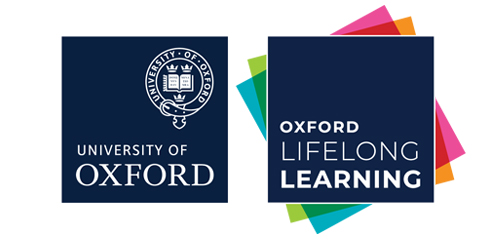
- Duration of course: Up to a week (1-6 days)
- Deadline for applications: Summer/Fall 2025 (dates TBC)
- Type of Teaching : Blended (Mix of "In person" and "Online")
- Reach of the course: Global
- Language(s) course : English
- Country: United Kingdom
- Website: Visit Website
University Of Oxford/Jenner Institute
United Kingdom
| no date |
Read more: Clinical Vaccine Development and Biomanufacturing (Oxford)

- Duration of course: Up to a week (1-6 days)
- Deadline for applications: 20 October 2025
- Type of Teaching : Blended (Mix of "In person" and "Online")
- Reach of the course: Global
- Language(s) course : English
- Country: United Kingdom
- Website: Visit Website
University Of Oxford/Jenner Institute
United Kingdom
| no date |
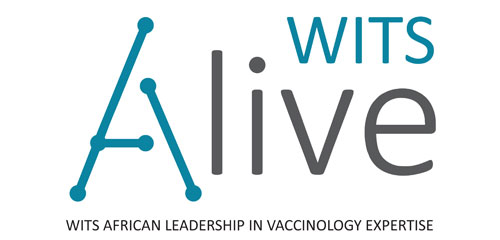
- Duration of course: One week to two weeks (7 to 14 days)
- Deadline for applications: Closed
- Type of Teaching : Blended (Mix of "In person" and "Online")
- Reach of the course: Global
- Language(s) course : English
- Country: South Africa
- Website: Visit Website
This biennial course is hosted by ALIVE (African Leadership in Vaccinology Expertise)
University of the Witwatersrand (Wits-Alive)
| Early January for 2 years : Next 2027 |

- Duration of course: > two weeks (several weeks to a couple years)
- Deadline for applications: 30 September 2024 (closed for the 2025 intake)
- Type of Teaching : In person
- Reach of the course: Global
- Language(s) course : English
- Country: South Africa
- Website: Visit Website
University Of The Witwatersrand
Alive
| annual intake |
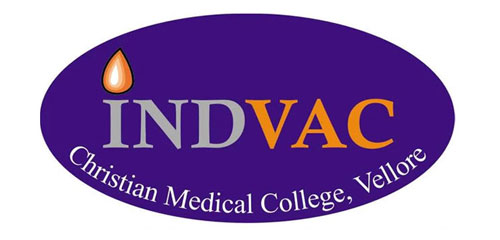
- Duration of course: One week to two weeks (7 to 14 days)
- Deadline for applications: Closed for 2025
- Type of Teaching : In person
- Reach of the course: Global
- Language(s) course : English
- Country: India
- Website: Visit Website
Christian Medical College, Vellore
India
| no date |
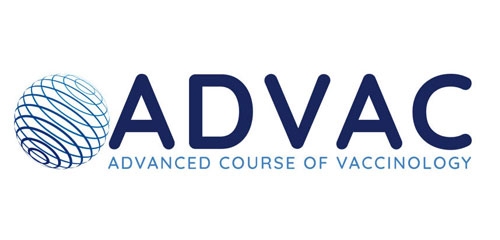
- Duration of course: One week to two weeks (7 to 14 days)
- Deadline for applications: Open from 1st July to November 15, 2025
- Type of Teaching : In person
- Reach of the course: Global
- Language(s) course : English
- Country: France
- Website: Visit Website
Fondation Mérieux & Université de Genève
Annecy, France
| 11 - 22 May 2026 |
